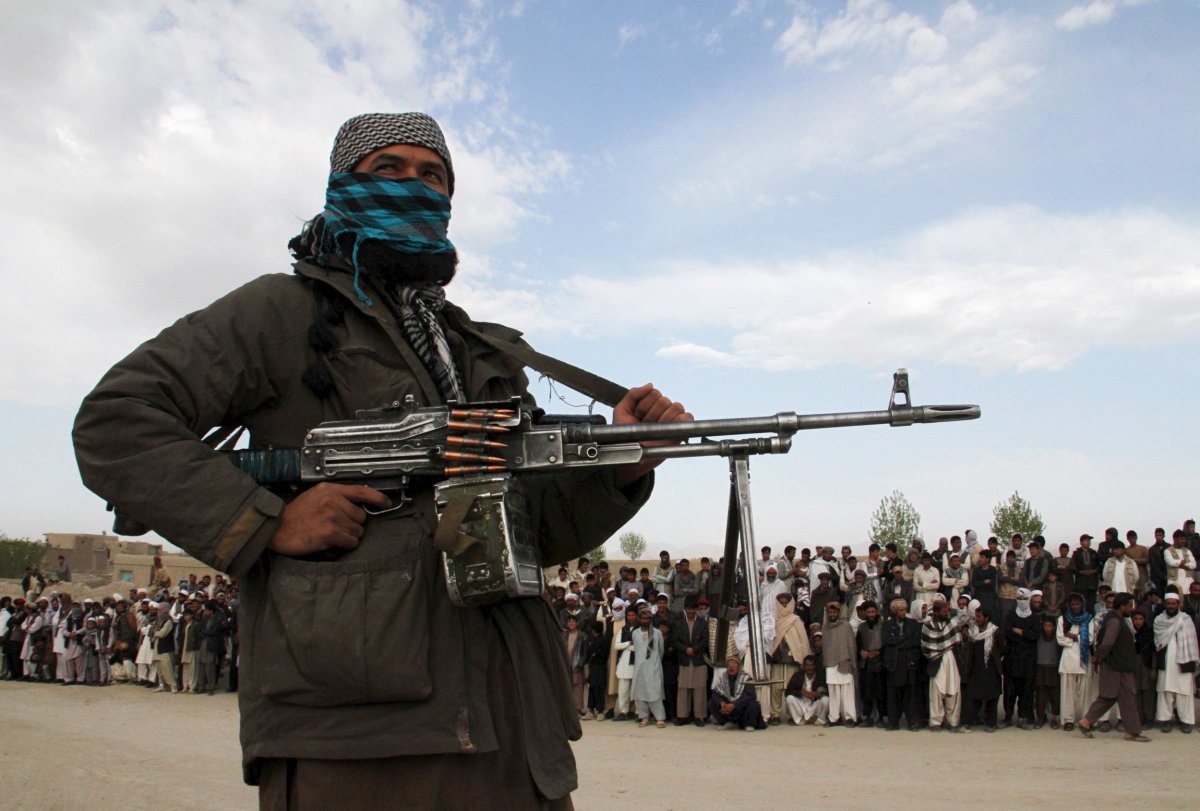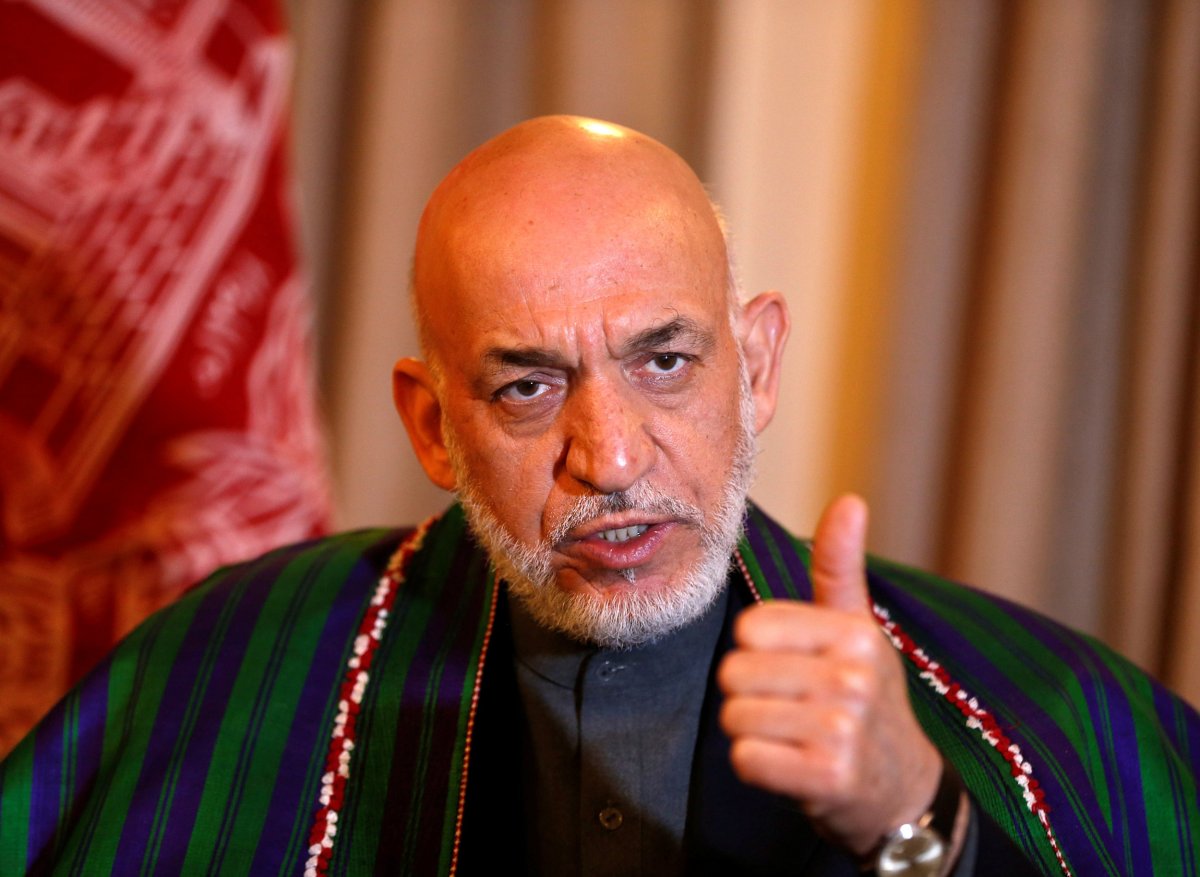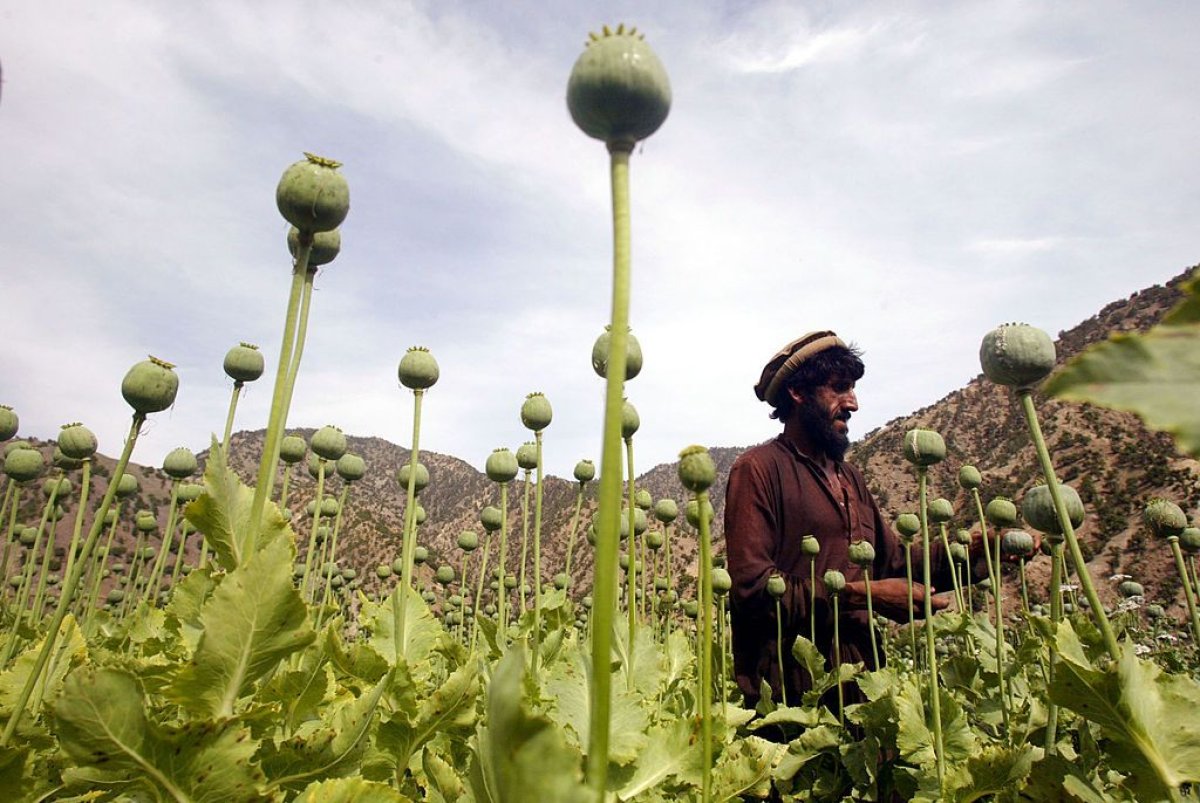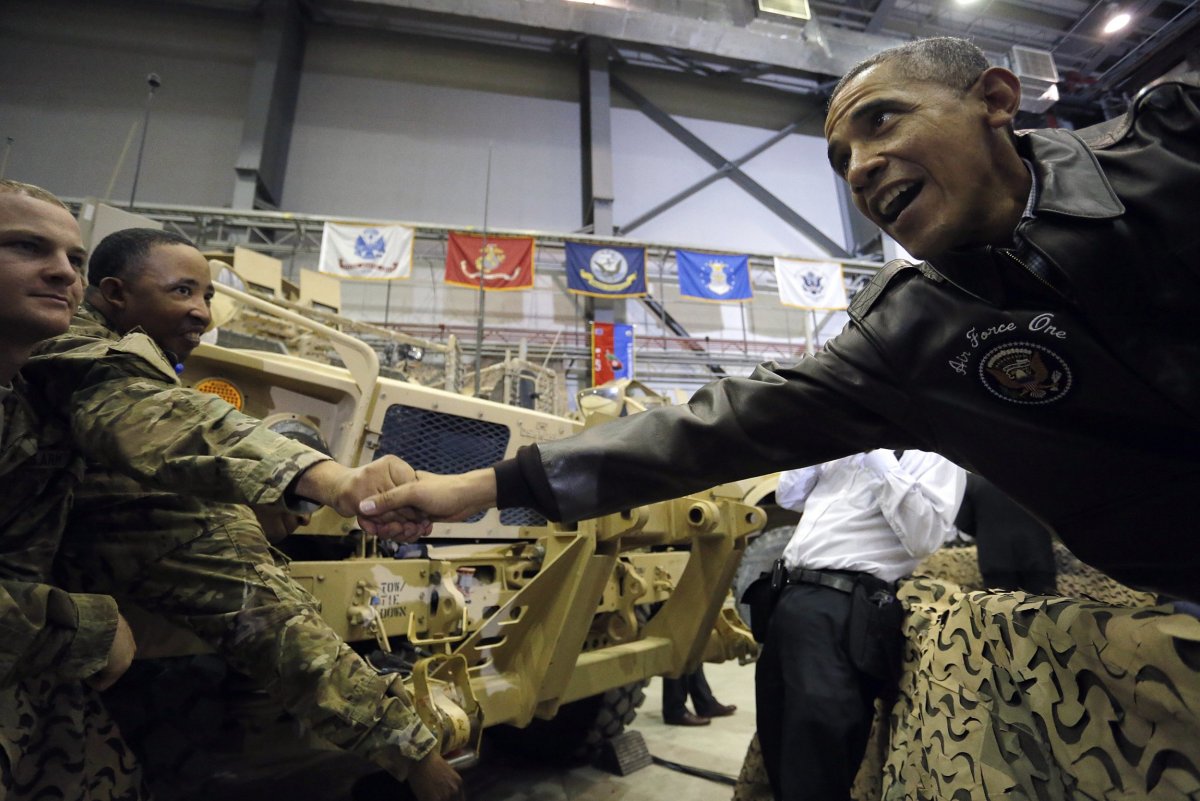
The U.S. and its NATO allies launched their invasion of Afghanistan in 2001 in a mission to oust the ruling Taliban and deny the militants who planned the 9/11 attacks a safe haven while establishing a democratic state.
Sixteen years later and the U.S. involvement in the central Asian country shows no signs of coming to an end. President Donald Trump bowed to pressure from military officials and announced a 4,000-troop surge Monday.
Below, Newsweek reviews some of the blunders the U.S. has made over the decade and a half of its involvement.
1. Going it alone against the Taliban
The U.S. made a key mistake early, in refusing help from NATO allies to defeat the Taliban after the invasion, according to experts.
Former Defense Secretary Donald Rumsfeld reportedly believed that defeating the Islamist militia was a task best accomplished by the U.S. alone, without other militaries getting in the way, and he appeared vindicated when the Taliban rapidly crumpled.
However, when U.S. forces were pulled out to take part in the 2004 invasion of Iraq, NATO forces were insufficient to prevent Taliban forces from re-establishing a foothold.
"By the time NATO got involved big time, a new civil war was underway and the best opportunity to build a stable Afghanistan had been squandered," wrote Stephen Walt, the Robert and Renée Belfer professor of international relations at Harvard, in Foreign Policy magazine in 2014.
2. Planning based on wishful thinking
In a 2010 report, Pentagon chiefs detailed significant failings in the past decade's U.S. military campaign in Afghanistan and Iraq.
The report reserved its toughest criticism for how the U.S. handled key transition moments, such as NATO's 2006 takeover of military operations in Afghanistan.
In Afghanistan, "the planning assumed that the chief duty" of international troops after 2006 would be reconstruction and humanitarian aid—an assumption that turned out to be widely off the mark as the Taliban launched an insurgency.

The reason, the report says, was that military planning was based on "U.S. expectations instead of those consistent with the host nation and mission"—in other words, wishful thinking.
"For example," the report notes, "the planned end-state for Afghanistan was envisioned to be a strong central government despite no record of such a government in its history and lack of broad popular support for that system of governance."
3. Corrupt governance
The 2004 constitution for the post-Taliban Afghanistan established a republican state, in which the government in Kabul and President Hamid Karzai wielded enormous authority, bypassing local traditions of regional autonomy.
The system was ripe for exploitation by corrupt officials, who established extensive patronage networks. It also lacked the resources and staff to function efficiently, rendering the country dependent on foreign assistance.

"Most Afghans care little for Kabul, however, and even less so for the men Kabul sends to lead their local governance. They want local officials who look like them, speak like them, and whom they know. The lack of coordination between top down government and bottom up democracy only adds to dysfunction," wrote Michael Rubin, a resident scholar at the American Enterprise Institute and a senior lecturer at the Naval Postgraduate School in 2012.
4. Spiraling drug trade
In the wake of the 2001 invasion, the U.S. pledged to wipe out Afghanistan's opiate trade, which is the source of much of the world's heroin.
The U.S. government has spent $12 billion on eradication efforts, yet Afghanistan now supplies around 90 percent of the world's opium.

Some critics argue that the higher prices commanded by opium as a result of eradication efforts has incentivized impoverished farmers to crow poppies, boosting opium production.
Others point to local corruption and flat-rate taxes imposed in Taliban-controlled areas as factors, with poppies cheaper to harvest and more lucrative than legal crops.
The Taliban has profited from the botched eradication efforts, forming cartels to control production and distribution, and taking an estimated $200 million to $400 million a year from the illicit opium economy.
5. Millions spent on Italian goats
The U.S. has spent hundreds of millions attempting to boost the legitimate Afghan economy, with the Task Force for Business Stability Operations (TFBSO), a U.S. Department of Defense agency, spending $800 million on various projects and initiatives from 2009 to 2015.
Among those detailed in a 2015 Senate hearing was a bid to boost the cashmere industry by importing nine rare Italian goats. The goats went missing, presumably eaten, and the $6 million project was never completed.
John Sopko, the special inspector general for Afghanistan reconstruction, testified at the hearing that many TFBSO projects had been managed poorly or not at all and that they suffered from "waste, fraud and abuse."
6. Obama surge
Soon after taking office, President Barack Obama ordered a troop surge in Afghanistan to combat a resurgent Taliban, with the president initially committing 17,000 extra troops to the country and then a further 30,000 in 2009.

The president's decision to set a timeline for U.S. involvement in Afghanistan undermined the mission, critics say. The timeline notified the Taliban how long they would have to hang on until the U.S. presence dwindled and they could gear up their attacks, and it eroded the chances the militants would surrender, critics charge.
The U.S. began the drawdown of its military forces from Afghanistan in 2014.
"Immediately, our NATO partners started charting their own departure, not necessarily on a coherent coalition timeline. Any Afghan official who cared about his own survival took the hint that they should begin to make their accommodation to Pakistan, Iran, or the Taliban," wrote Rubin.
Then-Defense Secretary Robert Gates had warned ahead of the Obama's announcement that a timeline could strengthen extremist groups.
"Taliban and Al-Qaeda, as far as they're concerned, defeated one superpower. For them to be seen to defeat a second, I think, would have catastrophic consequences in terms of energizing the extremist movement, Al-Qaeda recruitment, operations, fundraising and so on. I think it would be a huge setback for the United States," said Gates in 2009 in a CNN interview.
Uncommon Knowledge
Newsweek is committed to challenging conventional wisdom and finding connections in the search for common ground.
Newsweek is committed to challenging conventional wisdom and finding connections in the search for common ground.
About the writer
To read how Newsweek uses AI as a newsroom tool, Click here.








